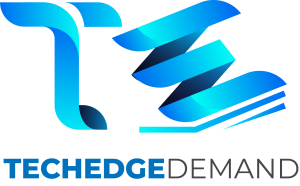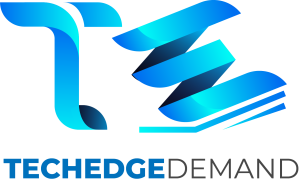It is now more important than ever to confirm academic and professional qualifications in the fast-paced digital world of today. Ineffective verification techniques and false claims are frequent problems for employers, academic institutions, and licensing bodies. Here comes blockchain technology, a game-changer that is transforming the issuance, storage, and authentication of credentials.
The Problem with Traditional Verification
Traditional credential verification relies heavily on manual checks, centralized databases, and third-party intermediaries. This process is not only time-consuming and costly but also prone to errors and fraud. Diplomas can be forged, certificates manipulated, and records tampered with, causing significant risk to employers and institutions alike.
How Blockchain Provides the Solution
Blockchain technology offers a decentralized, tamper-proof, and transparent system for managing credentials. Here’s how:
- Immutability: Once data is written to a blockchain, it cannot be altered or deleted. This ensures that academic and professional records remain authentic and verifiable.
- Decentralization: Unlike traditional databases, blockchain doesn’t rely on a single point of control, reducing the risk of data breaches or corruption.
- Transparency: Every credential issued on the blockchain has a digital signature that can be verified instantly, without needing to contact the issuing institution.
- Real-time Access: Employers and institutions can verify credentials in seconds, enhancing efficiency and trust in the hiring process.
Use Cases Across Industries
- Education: Universities like MIT and the University of Nicosia have already implemented blockchain to issue digital diplomas that graduates can share securely.
- Recruitment: Hiring platforms are beginning to integrate blockchain-based credentialing to speed up background checks and ensure authenticity.
- Healthcare: Blockchain helps verify medical licenses and certifications quickly and accurately, improving patient trust and regulatory compliance.
- Freelancing & Gig Economy: Professionals can carry verifiable work history and skill credentials across platforms, enhancing credibility.
Benefits of Blockchain Credential Verification
- Fraud Prevention: Prevents forged or altered certificates.
- Cost Reduction: Eliminates the need for intermediaries.
- Time Efficiency: Instant verification saves hours or days of manual work.
- User Ownership: Individuals can control and share their credentials securely.
Challenges and the Road Ahead
While the benefits are promising, mass adoption of blockchain for credential verification still faces challenges such as:
- Standardization: Lack of universal frameworks and protocols.
- Privacy Concerns: Ensuring data on public blockchains remains confidential.
- Technical Barriers: Limited technical expertise among institutions.
Despite these hurdles, momentum is growing. Governments, educational institutions, and tech innovators are investing heavily in blockchain pilots, signaling a future where credential verification becomes instant, secure, and universal.
Conclusion
Blockchain technology is transforming the landscape of credential verification, turning a traditionally slow and error-prone process into a streamlined, secure, and efficient system. As adoption increases, blockchain could become the global standard for verifying qualifications, benefiting individuals, institutions, and employers alike.
I hope you find the above content helpful. For more such informative content, please visit Techedgedemand.












